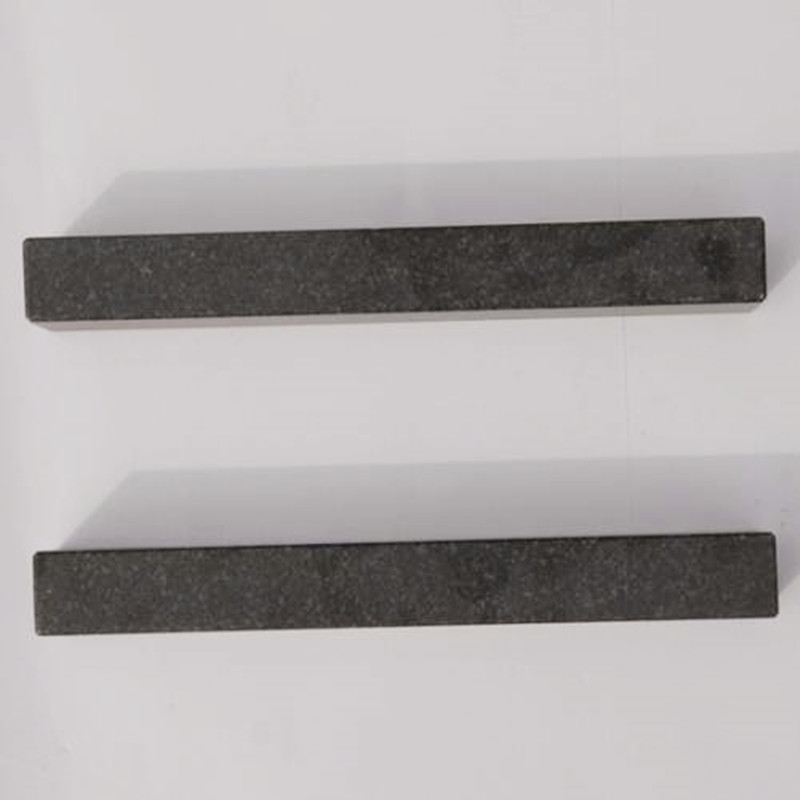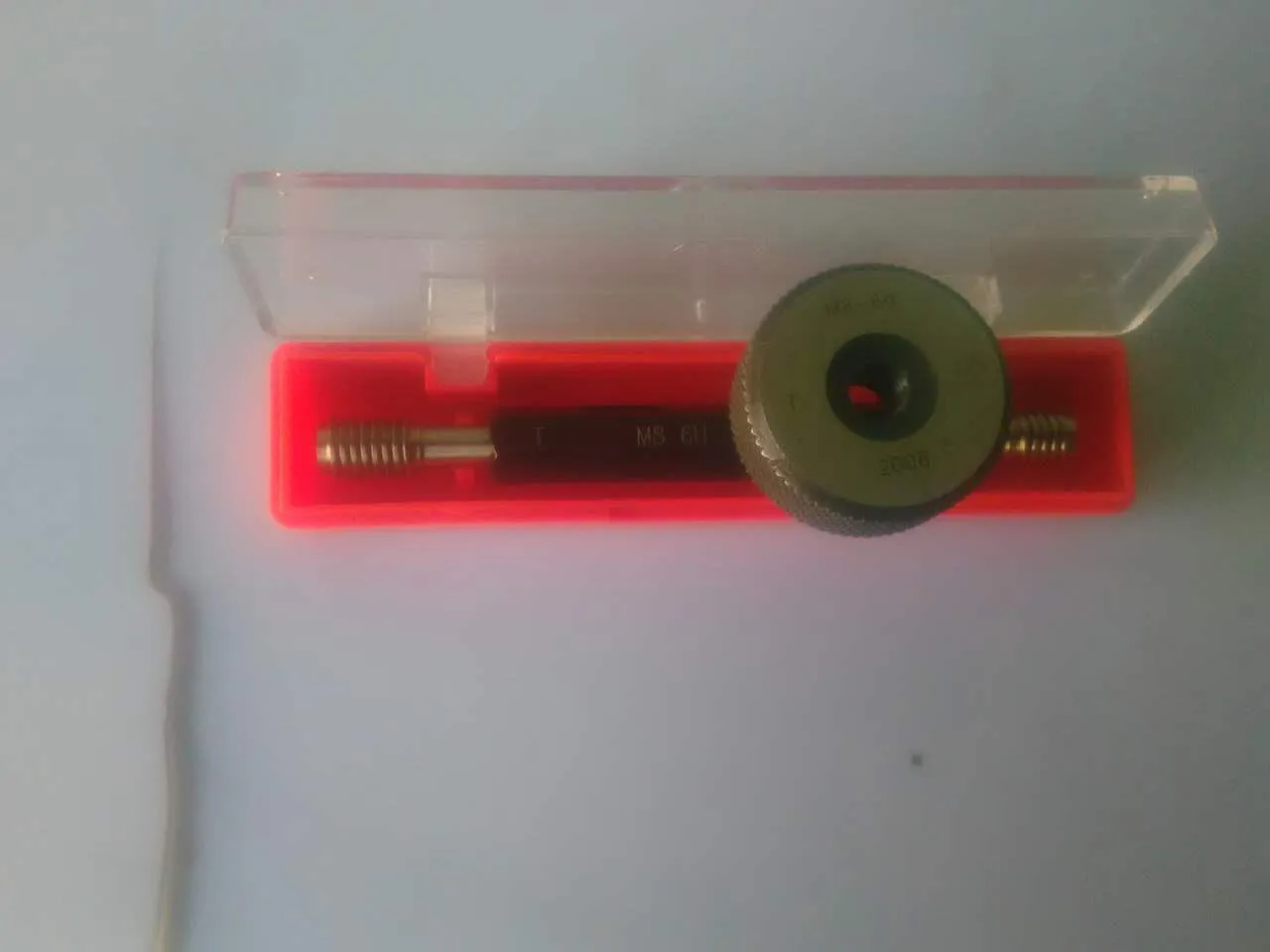Jan . 09, 2025 12:09 Back to list
gate valve types
Understanding Valve Types Enhancing System Efficiency and Reliability
Check Valves Check valves are essential for preventing backflow, thereby protecting equipment and ensuring operational consistency. They automatically permit flow in one direction and restrict it in the opposite direction. Engineers often use them in pump applications to maintain system integrity. Several types exist, including swing, lift, and ball check valves, each offering unique advantages depending on the intended application. Butterfly Valves Distinguished by their circular disc mounted on a rotating shaft, butterfly valves are praised for their lightweight design and cost-effectiveness. They are a favored choice for large volume water applications and HVAC systems, where space constraints are a consideration. While suitable for handling high flow rates, experts alert users to possible leakage around the disc. Plug Valves These are similar to ball valves but use cylindrical or conically tapered plugs instead. Their simple mechanism allows for efficient flow control and quick shut-off, making them suitable for handling liquids with suspended solids. Industry professionals appreciate their low-pressure drop and longevity, especially in abrasive environments, yet advise regular maintenance to ensure peak performance. Diaphragm Valves Ideal for corrosive and viscous fluids, diaphragm valves offer a leak-proof seal. They operate by pressing a flexible diaphragm against a seat, which precisely controls the flow. They are widely used in the food and pharmaceutical industries due to their hygienic design and easy cleaning features. In conclusion, selecting the appropriate valve type is paramount in achieving optimal system performance. Each valve type presents distinct benefits tailored to specific operational requirements. By leveraging expert advice and real-world applications, you can choose the best valve solution to enhance system efficiency, reliability, and safety. Trust in expert recommendations and enhance your fluid control systems with valves engineered for excellence.


Check Valves Check valves are essential for preventing backflow, thereby protecting equipment and ensuring operational consistency. They automatically permit flow in one direction and restrict it in the opposite direction. Engineers often use them in pump applications to maintain system integrity. Several types exist, including swing, lift, and ball check valves, each offering unique advantages depending on the intended application. Butterfly Valves Distinguished by their circular disc mounted on a rotating shaft, butterfly valves are praised for their lightweight design and cost-effectiveness. They are a favored choice for large volume water applications and HVAC systems, where space constraints are a consideration. While suitable for handling high flow rates, experts alert users to possible leakage around the disc. Plug Valves These are similar to ball valves but use cylindrical or conically tapered plugs instead. Their simple mechanism allows for efficient flow control and quick shut-off, making them suitable for handling liquids with suspended solids. Industry professionals appreciate their low-pressure drop and longevity, especially in abrasive environments, yet advise regular maintenance to ensure peak performance. Diaphragm Valves Ideal for corrosive and viscous fluids, diaphragm valves offer a leak-proof seal. They operate by pressing a flexible diaphragm against a seat, which precisely controls the flow. They are widely used in the food and pharmaceutical industries due to their hygienic design and easy cleaning features. In conclusion, selecting the appropriate valve type is paramount in achieving optimal system performance. Each valve type presents distinct benefits tailored to specific operational requirements. By leveraging expert advice and real-world applications, you can choose the best valve solution to enhance system efficiency, reliability, and safety. Trust in expert recommendations and enhance your fluid control systems with valves engineered for excellence.
Latest news
-
Why Metric Trapezoidal Thread is Ideal for Precision Motion ControlNewsAug.05,2025
-
The Unique Properties of a Block of Granite for Industrial UseNewsAug.05,2025
-
The Role of Flanged Y Strainers in Preventing Pipeline ClogsNewsAug.05,2025
-
The Importance of Regular Calibration for Master Ring GagesNewsAug.05,2025
-
How a Cast Iron Surface Table Enhances Accuracy in ManufacturingNewsAug.05,2025
-
Comparing Different Check Valve Types for Optimal Flow ControlNewsAug.05,2025
Related PRODUCTS









